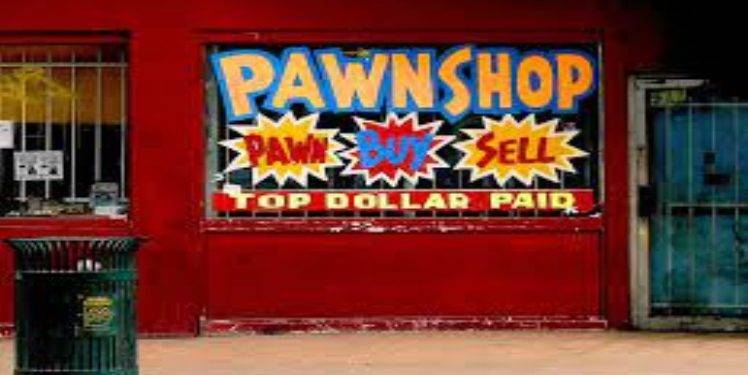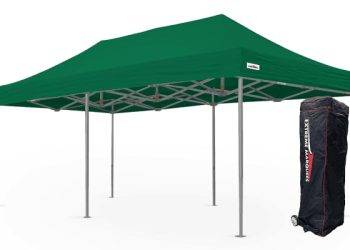Pawn shops provide an easy way to quickly obtain cash. However, it is essential that you understand both the terms of a loan agreement and any potential consequences should you fail to pay back what is owed on time.
Many individuals prefer selling items to pawn shops Perth rather than pawning them; selling can be beneficial whether or not you plan to keep the item itself. Selling can provide quick cash when needed or allow you to keep possession of an object that holds sentimental value.
Meaning
Pawn shops provide cash loans by taking collateral such as musical instruments, cameras, televisions and computers as security. Once your loan has been approved by a pawnbroker they will store them until you pay back with interest. Popular items to pawn are musical instruments, cameras, televisions and computers.
Pawning can be an efficient and safe way to generate cash without negatively affecting your credit score. But beware pawn shop in Sydney who only purchase your items for their profit and sell them at lower than market values.
As an alternative to pawning your item, selling it outright may also be an option. While this method provides more money in terms of proceeds than pawning does, shipping and handling fees could still be an obstacle – this would particularly hurt when selling an item with sentimental value such as your grandmother’s necklace would. Marketplaces such as eBay, Craigslist, Declutter Amazon Marketplace etc. can provide buyers and sellers for these marketplaces.
Purpose
Many people misperceive pawn shops as being disreputable businesses; however, this industry is highly regulated and provides invaluable services for millions of consumers. Pawn shops specialize in two services: short-term loans secured with collateral items offered as pawn, and purchasing merchandise to resell.
Pawnbrokers must evaluate every item and assign an estimated price, which may differ significantly from your initial expectations due to factors like condition, demand and sentimental value.
Pawnshops in most states must display their prices for public viewing. Furthermore, transactions must be documented using a “pawn ticket,” detailing item(s), its description, price and repayment schedule with interest and fees attached. Pawnshops must report daily to law enforcement the sale and borrower name as part of reporting requirements; timely payments can help build credit while simultaneously contributing to debt accumulation.
Signing a loan agreement
Pawn shops’ main function is providing short-term, non-recourse loans using personal property as collateral. This type of loan doesn’t adversely impact your credit score and can typically allow you to regain ownership of the item when paying back the full amount plus interest.
As pawnshops are resellers, their merchandise must make money to remain profitable; therefore, they will typically offer lower prices than would be found on peer-to-peer marketplaces and its resale value will fluctuate depending on market fluctuations.
If you want to redeem your item, you will need to repay both its loan amount and interest within an agreed upon time frame. Otherwise, the pawnshop may keep it. This process is straightforward and discreet – nothing will be reported back to the credit bureaus!
Returning the item
At a typical pawn shop, customers bring in items of value for evaluation by the pawnbroker and are then offered short-term loans based on its value. If the customer pays back the loan by its maturity date, their item is returned – otherwise it will be sold by the pawnshop.
Items commonly accepted at pawn shops for consideration include jewellery, electronics, tools, and collectibles. Even broken or damaged gold rings still contain valuable metals that hold their value – typically offering more when purchased outright than when lending against it.
Conclusion
Customers must present government-issued identification before being permitted to pawn an item, per legal requirements designed to discourage the pawning of stolen property. Pawn shops must also submit serial numbers for all items pawned so police can match up serial numbers against reported stolen items; and work closely with local law enforcement officials in preventing further instances of pawning stolen items.













